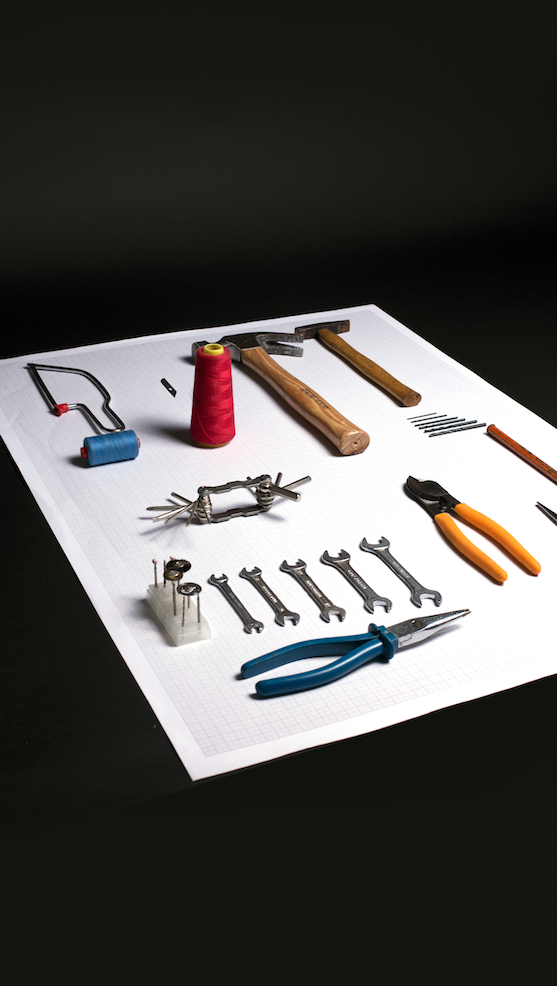Team Players
Smart businesses are putting aside their differences to work together for the overall good

Small businesses need all the help they can get. The fact that this help sometimes comes from would-be competitors suggests cut-throat capitalism may be on its way out.
Capitalism as we know it tends to involve a little competition. Start a business and you can expect, at some point, to run up against another party vying for your revenues. Whether the response is a ruthless, Gekko-esque underhand strategy or an outside-the-box, innovative brainwave, the response is likely to put your competitor right in your cross hairs.
Modern businesses face challenges from competitors, along with other factors such as rising rents and higher supplier costs and direct combat may not be the answer. Some smart businesses are working on alternatives, putting aside their differences to instead work together for the overall good of the group. We have people to celebrate success with, and shoulders to cry on when things don’t go so well.
A good example of this is Lily + Skinner, a female collective based in the borough of Hackney in London, whose members all own or manage restaurants in the area. Taking its name from Lilley & Skinner, the cockney rhyming slang for ‘dinner’, Lily + Skinner was founded when Emma Reynolds and her friend Missy Flynn, co-owner of the restaurant Rita’s, were talking about how they could help one another. Word soon spread and there are now 10 members of what they refer to as the “family”.
Reynolds, who also co-founded the Soho ramen restaurant Tonkotsu, heads up the group, and the benefits of the collective range from sharing CVs from job applicants and details of property agents and suppliers to taking advantage of each other’s experiences and sharing knowledge.
Emotional support is also available: “We have people to celebrate success with, and shoulders to cry on when things don’t go so well,” explains Reynolds. After all, a problem shared is a problem halved, and being able to talk things through is surely greatly needed at the moment, given that the number of companies with fewer than nine employees has grown by 40% in the past decade in the UK, indicating that external sources of support and advice are needed.
We have people to celebrate success with, and shoulders to cry on when things don’t go so well. Getting close to the competition isn’t just a condition of economic circumstances, but a natural progression for a generation that has embraced collaboration. These are people who routinely share ideas and knowledge online to achieve productivity and who are part of a consumer culture where brands regularly work with each other to produce innovative new products. And they are transforming the structure of workplaces, from top-down hierarchies to open and horizontal systems.
Sharing and working together is intrinsic to who they are, and so it’s inevitable that as they start their own businesses they are adopting similar values. Bernie Mitchell of 90 Mainyard, a co-office space also in Hackney, with a holy trinity of ‘community, collaboration, creativity’ as its guiding vision, sums up the benefits: “If you share everything, everything moves forward. Everything will connect and that’s better for everyone.”
And they are sharing everything – even the space. Today’s entrepreneurs face an exceptionally harsh property market, with affordable commercial space in central city locations hard to come by. But by pooling resources, some people are finding a way around this. In New York, Jean Lin, who previously founded a non-profit design agency, has created Colony, a cooperative design showroom in Tribeca, where members pay a small fee to have their work displayed.
The idea came from the need to support the “world class” design talent emerging from the city who can’t afford to access traditional retail outlets and galleries. “With the markups and margins, as individuals, it was hard to make profit from sales and impossible to find space in Manhattan,” says Lin. But it’s not just real estate that Colony offers: “Creative camaraderie, talking things through, sourcing materials together and sharing vendors – these are all benefits of belonging to a community.”
Lin also explains that the support from other sectors, whether the interior design industry or local architects, has been invaluable. She is now collaborating with other neighbouring design agencies and gallery spaces.
Sharing space, sharing resources and sharing passions; the young entrepreneur of today has a lot to give. But they are not completely selfless. As Lin says, “There is definitely a wave of goodwill at the moment, but one that everyone can benefit from, not just as an individual but as a business.”
Originally printed in Protein Journal Issue #14


